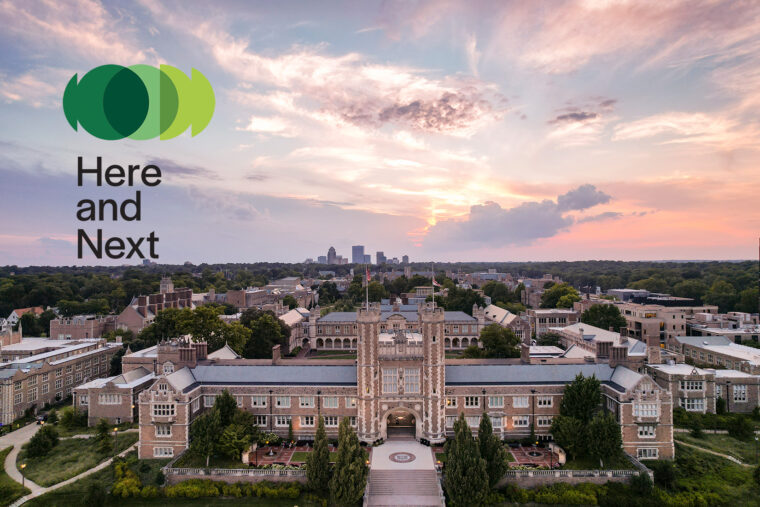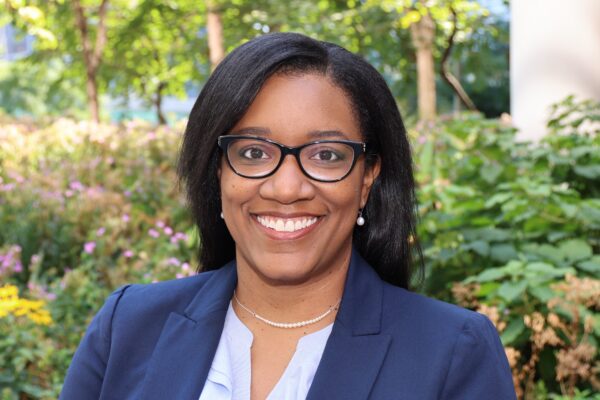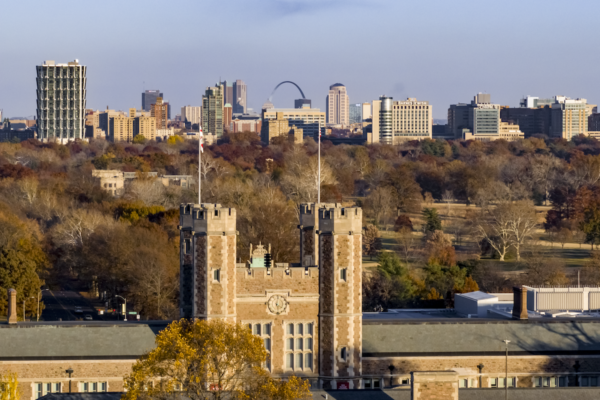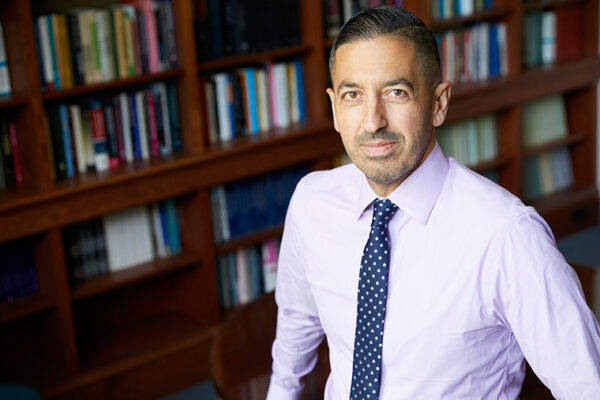The Office of the Provost recently awarded two separate batches of funding as part of the “Here and Next” commitment to research excellence at WashU. The grants represent a significant investment in supporting multidisciplinary projects with the potential for local, national and global impact.
“We are proud to support the important academic work happening here at WashU,” said Beverly Wendland, provost and executive vice chancellor for academic affairs. “Research excellence is an important initiative in the university’s strategic plan, and my office is proud to fund teams that are tackling difficult situations as well as areas of promise. This fiscal year we will award $2 million in seed funding as a demonstration of our commitment to, and belief in, the interdisciplinary, collaborative research strengths of our talented faculty. I look forward to the outcomes produced by these individuals and teams as a result of our investment.”
A total of 20 projects won Global Incubator Seed Grants this month, allowing them to kickstart research examining a whole host of issues, from the cyber defense of medical devices to the impacts of affordable housing on physical activity and health in Brazil.
“Through the Global Incubator Seed Grants program, we are investing in innovative projects that demonstrate exceptional promise in driving academic excellence and research impact,” said Vijay Ramani, vice provost for graduate education and international affairs. “The projects this year were selected from a highly competitive pool of applicants and embody the priorities outlined under the research vertical of the ‘Here and Next’ strategic plan.”
Established in 2021, the Global Incubator Seed Grants program has now launched 87 projects, which since that time collectively have brought in $12 million in additional external funding, a nine-fold return on investment.
Funding for this year’s cycle is made possible with support from the provost’s office, “Here and Next” and the Millard family gift to the McDonnell International Scholars Academy. Learn more about the new projects, all of which involve international partners, on the WashU Global website.
Separately, a slew of WashU researchers have undertaken multidisciplinary projects thanks to support from the first year of the Transcend Initiative, also funded by the university’s strategic plan.
The Transcend Initiative’s first-year cohort included five interdisciplinary teams with diverse backgrounds and faculty members from multiple schools. They are making progress in areas as varied as geospatial research; improving mental health in sub-Saharan Africa; air quality and health; reducing social inequities; and further study of psychedelic-assisted therapy.
Transcend grants allow the teams to expand, broaden and sustain their research. They last up to three years and provide research teams with as much as $450,000 each — a financial boost that can help turn big ideas into big solutions.
“It’s a significant investment in the future of the university,” said Mark Lowe, vice chancellor for research. “These are diverse groups of experts from various fields coming together to address quite complex research questions and trying to solve real-world problems. We’re setting up these groups to be more competitive for outside funding to continue their work. Giving them the time and support to develop competitive proposals is a realistic approach. It’s the right way to promote success.”
To learn more about the teams awarded the first round of Transcend grants and their projects, visit the Office of the Vice Chancellor for Research homepage. Faculty members who want to learn more about the application process for future funding opportunities can find more information on the Transcend Initiative webpage. Proposals are reviewed on a quarterly basis.



